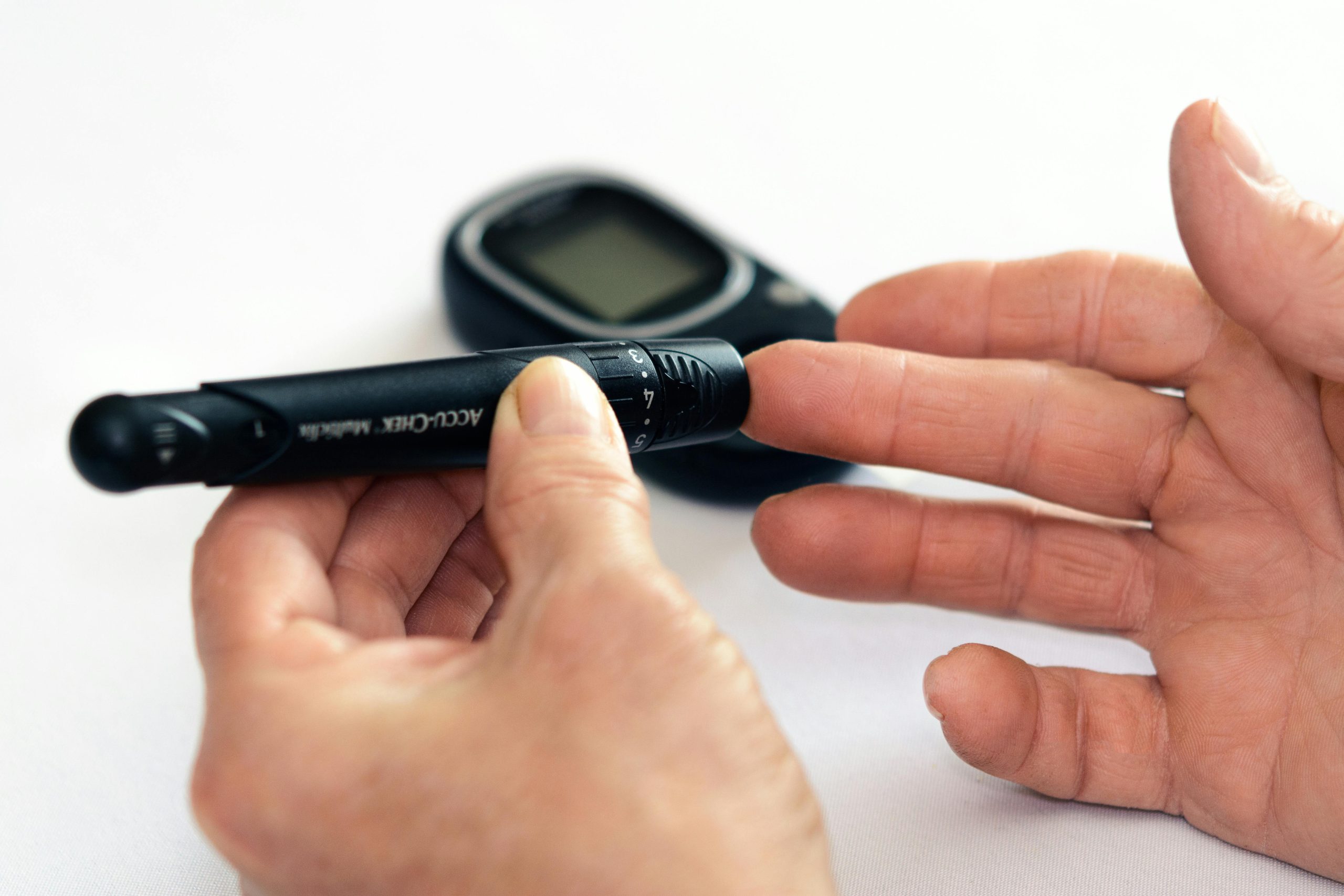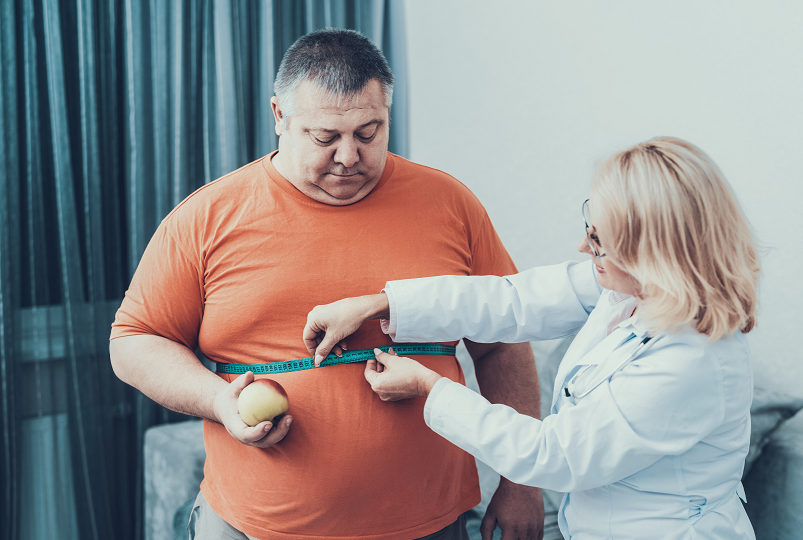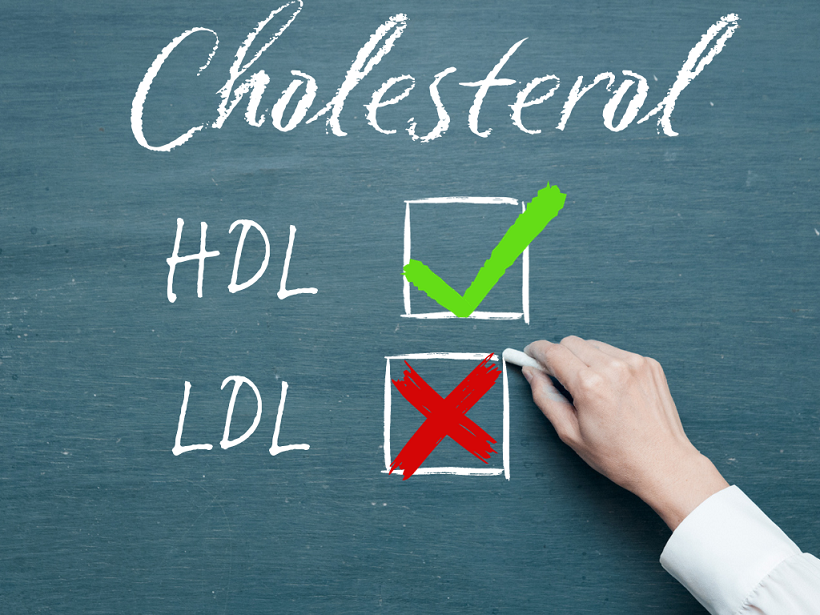If weight loss is a simple formula, why do we struggle?
To watch this as a video, click here. Part of it is due to poor diet advice. To some extent it is because sugar is highly addictive, as well as the fact that eating can be strongly driven my emotions. We’re all basically wired to avoid pain and seek pleasure. After all, to some degree, it keeps us alive. If we’re used to short-term gratification, then why wouldn’t we go for chips and donuts rather than kale and hemp seeds (Ok, so I don’t eat kale or hemp seeds all that often 😊). Rather than first focusing on your diet failure, let’s look at what’s going on at a deeper level. Are you stressed and your brain is looking for quick fuel? Are you sad and memories of...












